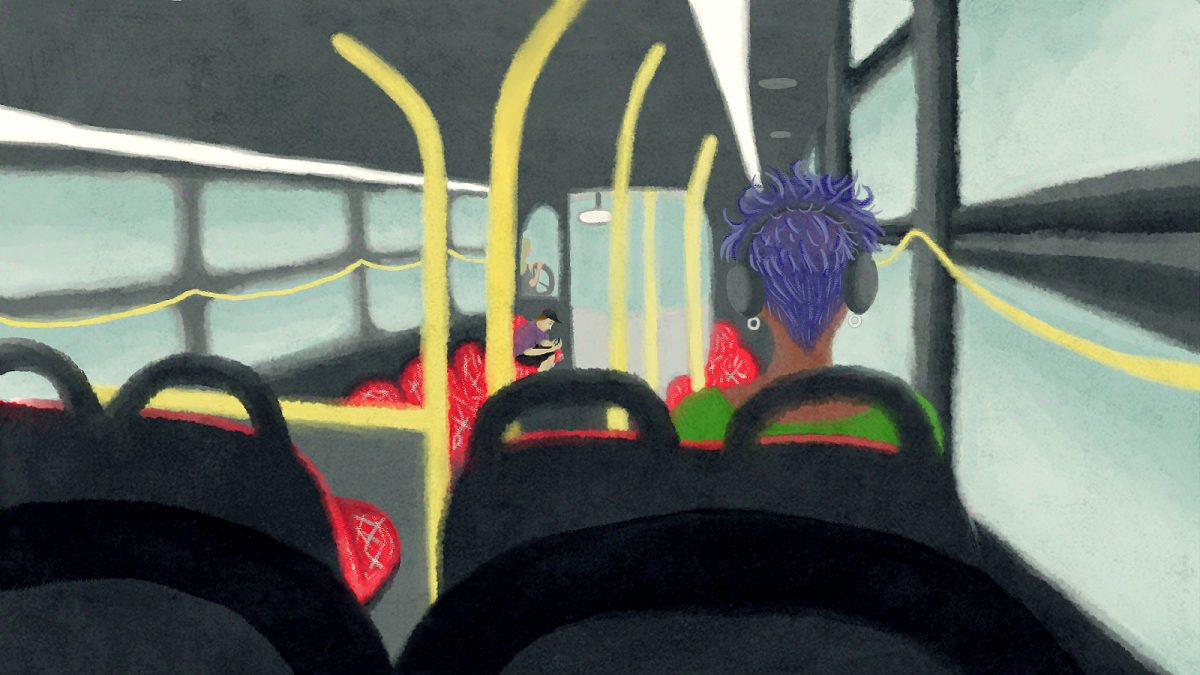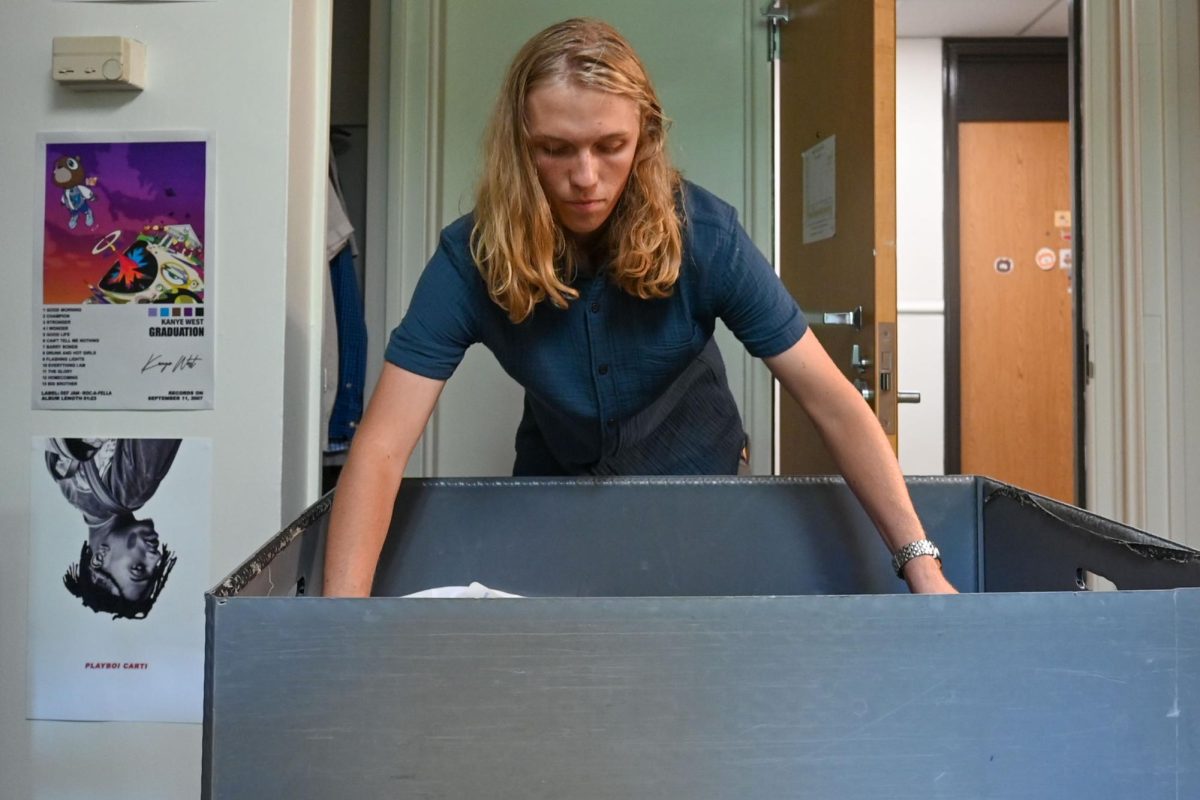Being a college student is expensive. Tuition, bar tabs, books, food, rent, gas — it never ends. It’s no wonder the average student graduates college with $27,600 in student loan debt and $4,000 in credit card debt, according to CampusProgress.org.
Today I will share with you the first of a two-part series of columns offering practical money-saving wisdom I have gained over the years as a money-conscious financial planner-to-be.
These money saving tips won’t save you 15 percent or more on your car insurance, but they may save you hundreds, or even thousands of dollars per year, with minimal effort.
One of the largest expenses college students have is buying books. I estimate that the average student spends around $500 per semester on books, typically purchased from a traditional campus bookstore. An easier and less expensive way to buy books is to buy online. It takes a little planning to ensure your books arrive before classes begin, but buying and selling your books online can easily save you $100 per semester.
Some great sites to buy books are Amazon.com, BestBookBuys.com, and BookFinder.com. To buy and sell, I would recommend eBay, Half.com, and BrentRoad.com. You can find new and used copies at these sites and when you sell them back, you will almost always make more than a traditional bookstore would have given you.
Another mistake many students make is using a debit card rather than a credit card for everyday purchases. Using a credit card instead of a debit card responsibly, i.e., paying off your balance every month, can save you hundreds of dollars per year.
First, using a credit card for purchases instead of using cash from an ATM cuts down on ATM fees. ATMs are free as long as you use the one at your bank. However, your bank’s ATMs are not always convenient and we often find ourselves giving in to CashPoints. Nonbank ATM fees of $2 or more per withdrawal really add up, especially since your bank charges you another $2 fee on top of that for not using one of its ATMs.
If you use a nonbranch ATM once per week, quitting this bad habit will save you more than $200 per year. Instead, make a large withdrawal from your bank once per month or get free cash back next time you visit the grocery store. It will take a little self-control not to immediately spend all your cash, but you will be better off financially in the long run.
Another benefit of using a credit card is that if your card gets stolen and some bum goes on a shopping spree, you are not legally liable for the charges. If this bum steals your debit card, you are responsible for every dollar the bum spends.
A third advantage of the credit card, one that can earn you lots of free money, is to get a credit card that offers a rewards program. The one I have right now is a “VISA MTV-U” card (no real relation to the cable channel), which offers many rewards for students. You earn points for your purchases, for paying your bill on time and in full and for getting good grades. These points can be redeemed for cash, gas cards or merchandise. On average, the card earns around 2.5 percent of your purchases in free gas. If you spend $300 per month, $3,600 per year, that is $90 a year in free gas, all for simply using a different kind of plastic.
Credit card companies are much more customer-friendly than your local bank. Have you tried to talk your bank into dropping an overdraft fee? It is nearly impossible. That’s because banks make billions of dollars annually from overdraft fees.
Credit card companies are exactly the opposite. They want your business. They want to make you happy. Their industry is so competitive that you can get late fees and finance charges dropped from your bill simply by asking. In the past 18 months, I have had two $50 late-payment fees dropped simply by asking. Then after dropping the fees, they thanked me for it.
Can you imagine the teller at Bank of America ever saying, “You want me to drop your overdraft fees? Sure, no problem. Your balance of $6.48 is very important to us, thank you for your business”? I can’t either.
If you are counting at home, I have already saved you more than $490. See, it pays to read Technician! Tune in next time for Part Deux.
To thank Todd for saving you money, send an e-mail to [email protected].




